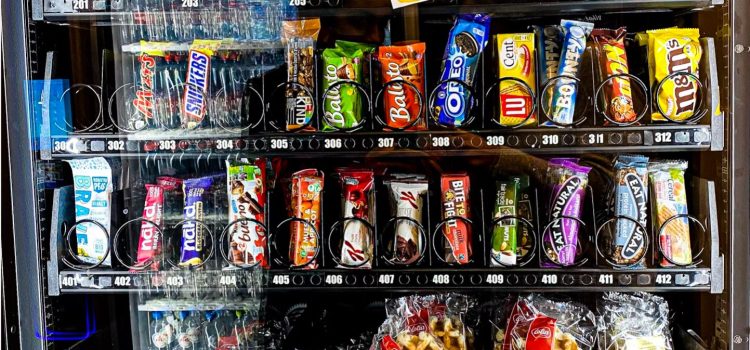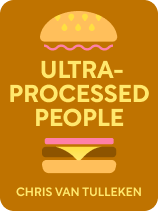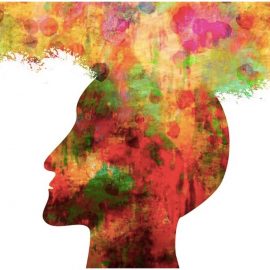

This article is an excerpt from the Shortform book guide to "Ultra-Processed People" by Chris van Tulleken. Shortform has the world's best summaries and analyses of books you should be reading.
Like this article? Sign up for a free trial here.
Is ultra-processed food addiction real? What experiment did Dr. van Tulleken perform to prove it?
In his book Ultra-Processed People, Dr. Chris van Tulleken experimented on himself to prove how addictive ultra-processed foods are. Not only were UPFs addictive, but they wreaked havoc on multiple different areas of his body.
Here’s a look at van Tulleken’s experiment and the alarming results.
Van Tulleken’s Experiment on Himself
Van Tulleken conducted an experiment on himself to study the effects of ultra-processed foods (UPF). He began by eating no UPF for a month, and then for the next month he ate a diet consisting of 80% UPF.
Van Tulleken describes how his primarily UPF diet made him anxious, exhausted, achy, and less productive. At the end of the four weeks, he’d gained 13 pounds. Tests showed that the hormones in his body that are involved in eating weren’t functioning properly:
- the hormone that signals fullness (leptin) hardly responded to a large meal,
- the hunger hormone (ghrelin) was extremely high just after he ate, and
- the hormone that signals fat storage (also leptin) increased fivefold.
In addition, MRI scans showed increased connectivity between the parts of his brain involved in desire and reward and the parts involved in hormonal control of food intake. The brain pathways didn’t change, but the information flowing through them did—and over time, those brain circuits themselves could change, too.
All of this suggested that van Tulleken’s ultra-processed food addiction grew due to subconscious signals telling him to eat more.
(Shortform note: Van Tulleken documented his experiment in video form for the BBC. The video shows that in addition to the other results, his BMI went up by two points, putting him into the overweight range, and his body fat went up by almost seven pounds. The hunger hormone in his blood increased by 30%, which explained why he felt hungrier and often kept eating even when he didn’t enjoy it.)
Besides van Tulleken’s experiment, there are many other indications that UPF is addictive, including:
- Brain imaging shows that UPF stimulates the brain’s reward system in the same way as addictive drugs.
- People consistently score UPF higher than real food on food addiction scales.
- UPF and addictive drugs are both modified from their natural state to allow for fast, easy delivery of the rewarding substance.
- A high UPF diet causes more deaths worldwide than tobacco.
(Shortform note: Critics of van Tulleken’s claim that UPF is addictive argue that for as long as there has been food, there have been food addictions. They point to sugar in particular as an example of a minimally processed ingredient that can result in addiction. Indeed, research increasingly shows that sugar may be as addictive as some illegal drugs; eating it releases dopamine and opioids in the body that lead to compulsive behavior. But the fact that sugar is addictive doesn’t undercut the claim that UPF is addictive. As van Tulleken notes, the large amount of added sugar in some UPF food may be one of the many factors contributing to its addictiveness.)
In addition, says van Tulleken, UPF has many characteristics that trick us into overeating.

———End of Preview———
Like what you just read? Read the rest of the world's best book summary and analysis of Chris van Tulleken's "Ultra-Processed People" at Shortform.
Here's what you'll find in our full Ultra-Processed People summary:
- Why it’s so hard to stop eating your favorite chips
- How the way ultra-processed food is made harms the environment
- Ways to counteract the effects of ultra-processed food






